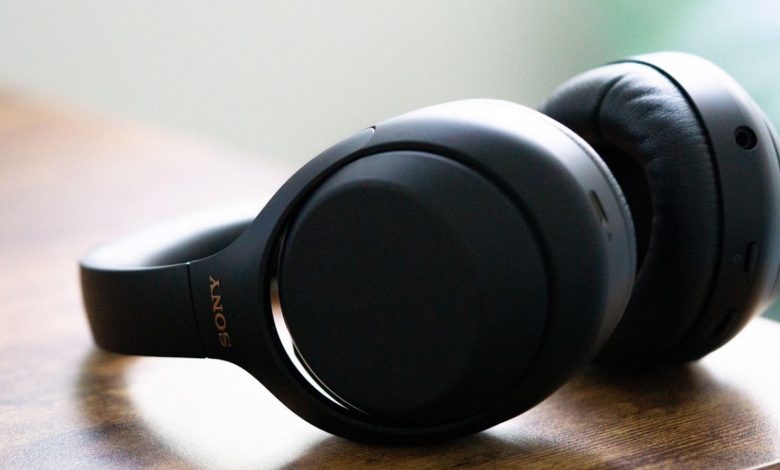
One of the most common tips for getting the most out of study time is to sink your elbows into a quiet, quiet place. However, there are many people who need other stimuli to maintain concentration and feel motivated, to do my essay or term paper. Music is a very useful tool in this regard. Several studies have shown that it activates key learning areas in the brain. In addition, melodies also affect emotions, fine motor coordination, and information retention.
But are all types of music suitable for academic performance? As you can imagine, the answer is no. Some genres should be discarded. Some of them has be ruled out from the start. For example, heavy metal, rock, and punk rock. Beyond personal tastes, these types of pieces tend to have a loud volume. They will not help you concentrate. Classical music, on the other hand, is the first choice for most students. If you don’t know where to find composers you like, don’t worry: Spotify and YouTube have playlists specifically designed for exam time.
It’s as simple as entering “music to study” in the search engine and keeping the one you like the most. Of course, avoid the radio whenever you can: the commercials and comments from the announcers can easily divert you from your goal. If you still don’t know which playlist to choose, here are some ideas.
3 types of music ideal for studying
Classical music
It generates a sense of harmony and tranquility. Baroque music is the most famous among students. On the other hand, Mozart is also often among the favorite composers of Spotify users.
Ambient instrumental pieces
This style blends with or imitates the sounds of nature. While you take in the information, you will have the feeling of being on the sand on the beach or in the middle of a mountain: wherever you prefer! Music really has a big impact and improves your study mood.
Instrumental electronic music
Chill out (new age, trip-hop, trance ambient, ambient house, etc.) relaxes the mind and makes it more receptive.
5 tips for studying with headphones on
- Choose a long playlist. On Spotify and YouTube, you will find playlists that last for hours. These are the ones that suit you best, as they will prevent you from having to get up to change songs or to look for new options. Look for solutions so that advertisements don’t interrupt you.
- Control the volume. Even if the piece you have chosen is appropriate, if the volume is too loud you will not be able to concentrate on anything else. Keep in mind that listening to loud music is bad for your hearing health (even more so if it’s with headphones).
- Look for songs without lyrics. For studying, long live instrumental pieces. If the songs you listen to have lyrics, you run the risk of ending up humming them. Remember that now is not the time to sing, music is a simple instrument to concentrate.
- Take care of the studio space. With or without songs, the study space is essential for performance. Keep in mind that temperature, light, and order are factors that intervene in the assimilation of content. Also, don’t forget to find the study techniques that work best for you.
- Choose stations without commercials. If you have no choice but to listen to the radio, look for a music station (if it is classical music, so much the better). Some of them have few commercials and the announcers’ interventions are quite short.
Final words
In any case, it is important that, before choosing what music you want to listen to when studying or working, you evaluate the task or activity you are going to perform: analyzing data, reading comprehension, memorizing an agenda, organizing notes, practical tasks, searching for information… This will help you evaluate the level of concentration and productivity needed for each task.
Now that you know what kind of music can help you concentrate, what are you waiting for? Take advantage of its benefits!





